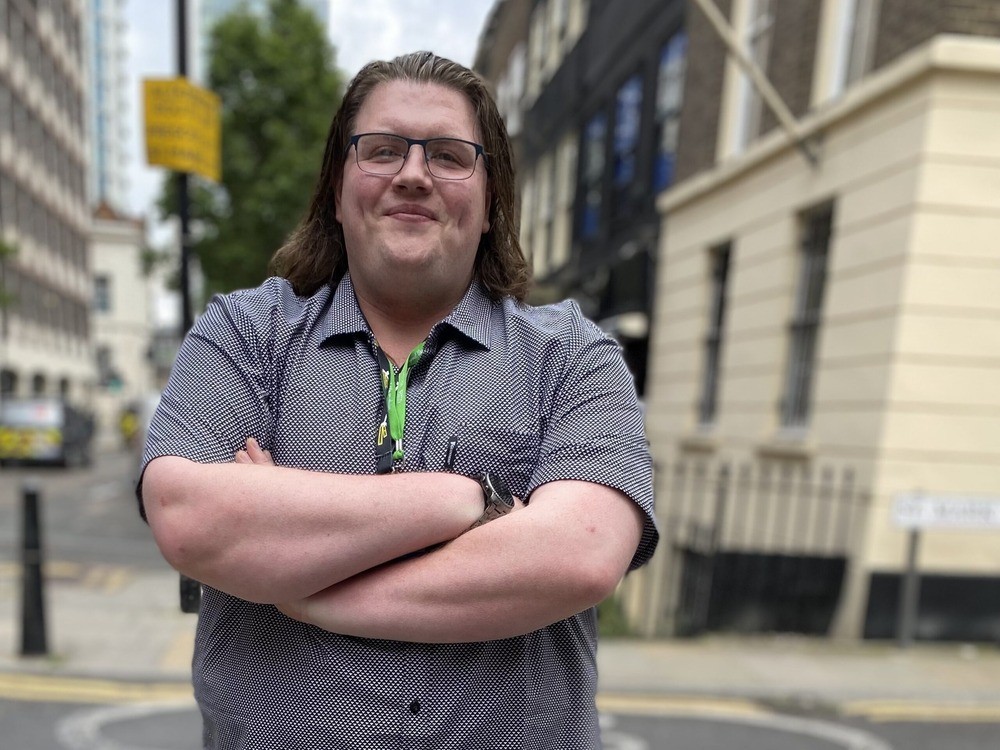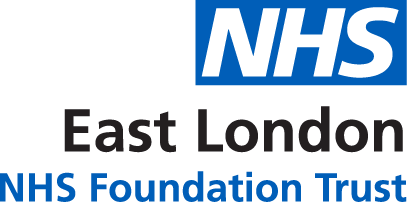Provider Collaborative

Service users and carers are working side-by-side with NHS professionals to shape how mental health care is planned and delivered through the Mental Health, Learning Disability and Autism (MHLDA) Collaborative. People Participation Lead for the Collaborative, Rob Hunter, shares more.
How would you describe the Provider Collaborative to people who aren't involved with the NHS?
The Collaborative brings together clinical, lived experience and operational leaders across health, social care, the voluntary sector and other agencies. Its aim is to improve outcomes, experience and value for people with mental health needs, learning disabilities and autism.
I see the Provider Collaborative as a space where service users, carers, providers and staff can get involved and improve services for everyone involved. It's a space of learning and genuine collaborative effort that wouldn't exist without the levels of trust we've been given.
How did you get involved?
I got involved back in 2022 through People Participation, and my initial role was part of the planning committee for the NEL Mental Health Summit. I’d just finished my peer support accreditation and was still looking for involvement opportunities within the Trust, and this was suggested to me as a worthwhile activity! I truly believed in the spirit of their work and I wanted to help in any way I could.
How will the Collaborative improve mental health care for the different communities of NEL?
It’ll ensure that those who receive care and use the services have a say and a place in the room where decisions are made. It’ll mean that the divide between 'service users' and 'service providers' will be shortened, allowing for collaborative working and destigmatising of lived experience within mental health services.
This outdated view that being service users, carers and/or service providers are all mutually exclusive roles is hurtful to all involved. The work of the Collaborative will help to create a standard of care that is just that: collaborative. By working toward this goal, we set a precedent for co-creation across NEL, building a lasting legacy of working together for our NHS.
How are service users involved?
Service users are involved in a variety of different ways. They are considered to be ‘lived experience leaders’, and make up the leadership team. It’s from this that we are able to create opportunities and activities across NEL.
We have lived experience leaders who are full members of the NEL MHLDA Committee who are empowered to comment on papers and decisions, while having full voting rights.
We also have deputies who work alongside committee members, who are able to step in to fill a member slot, should it be required. Both members and deputies read through the committee papers before the meeting and come together to discuss and make comments, which the members can action.
In addition, we have our priority projects which are service user-led and have lived experience project leads. These projects range from co-created social media content to looking into the efficacy and potential of using buzzers in waiting areas.
Furthermore, we have the larger Lived Experience Leadership Group, made up of service users and carers across NEL, which meets every two months to update each other on work streams across their areas.
All of the above are paid activities to ensure that the time service users and carers put into this Collaborative is respected and acknowledged for the expertise that they bring.
Why is the involvement of service users so important?
It's important because, when talking about work that sets to decide funding and the creation of standards within mental health services, decision makers should always consult and discuss this with the very people who will be affected most.
An example I like to draw on when it comes to explaining the concept of having expertise by experience, is to look at it relatively. It’s a commonly held belief that it takes around 10,000 hours to either master or become an expert in something.
There are just under 9,000 hours in a year. If a person is receiving care or treatment for their condition for approximately two hours per month, this amounts to 24 hours across a year. For the rest of that time, this person is managing themselves and/or taking care of a loved one. It’s therefore not hard to imagine how someone can become an expert in their care, purely by living with or caring for someone with a mental health condition.
What are the next steps for the Collaborative?
The next steps for the Collaborative are to move ahead with our five service user-led projects, and planning for this year’s 2024 Mental Health Summit. Watch this space!
